Collections
More than
45,000 Specimens
Our collection highlights the diversity of plants in northeastern Wisconsin.
The Fewless Herbarium houses dried plant collections that are used in research and education. The vast majority of the vascular plant collection are flowering plants, also known as angiosperms, but we also have good representation of the region’s ferns, lycophytes and gymnosperms. Because our collection was built in large part by Gary Fewless, his research interests of wetland plants are heavily featured (such as the sedge genus Carex, Cyperaceae). The fastest-growing part of the collection is currently the bryophytes, particularly mosses from the Western Great Lakes peat-accumulating bogs, fens and conifer swamps.
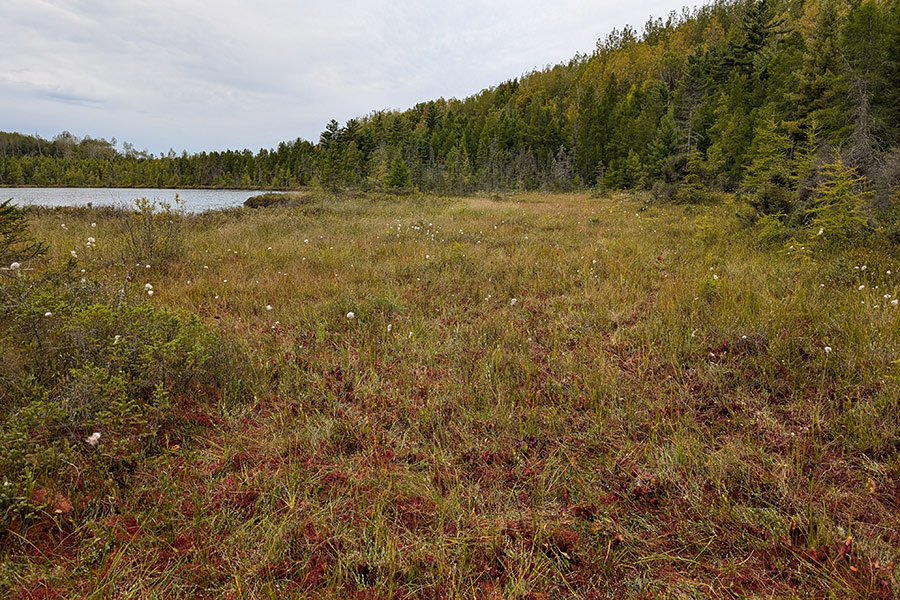
A Snapshot of Our Collection
The below plant species lists with photos were all compiled by Gary Fewless. Some of the species names in the resources below may not reflect recent changes in taxonomy. Michigan Flora Online is a reliable source for current names and classification.
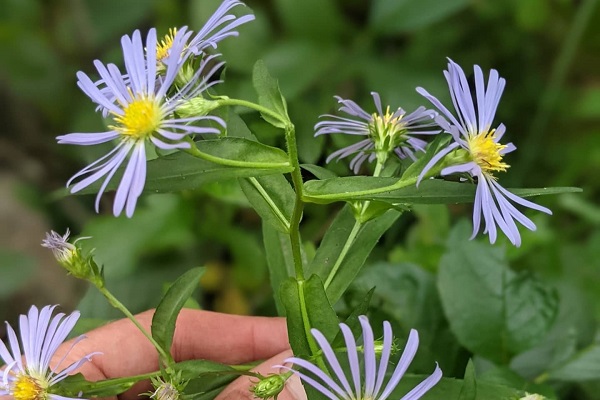
Asters
One of Gary Fewless' research focuses was the asters (Asteraceae), so we have a wide diversity in our collection.
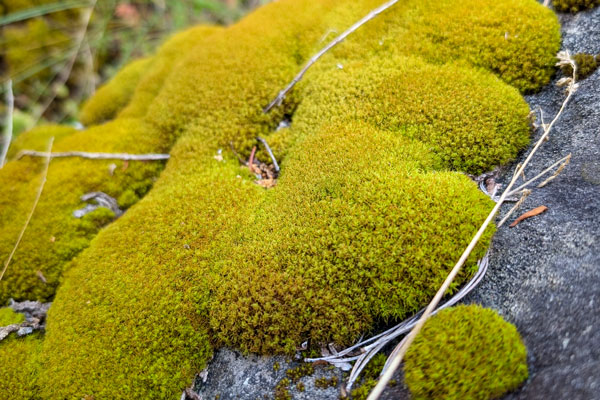
Bryophytes
Bryophytes include mosses, liverworts and hornworts. Due in part to their small size, these are stored and digitized separately from the vascular plant collection.
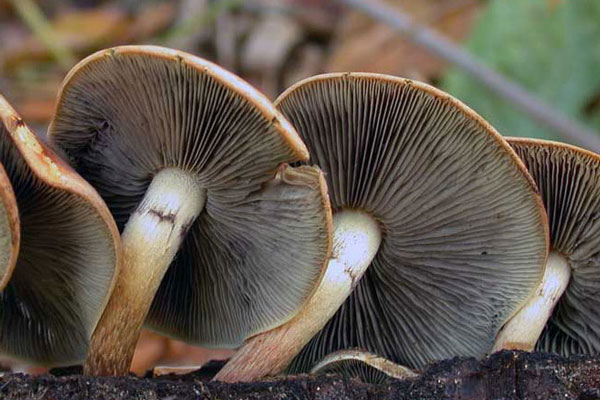
Fungi
Fungi are an important and understudied part of the region's diversity; though only distantly related to plants, the Herbarium houses some fungi and lichens. The Door County list is based on surveys by experienced naturalist Charlotte Lukes; the Host-fungus database was compiled by Vince Day and V.M.G. Nair.
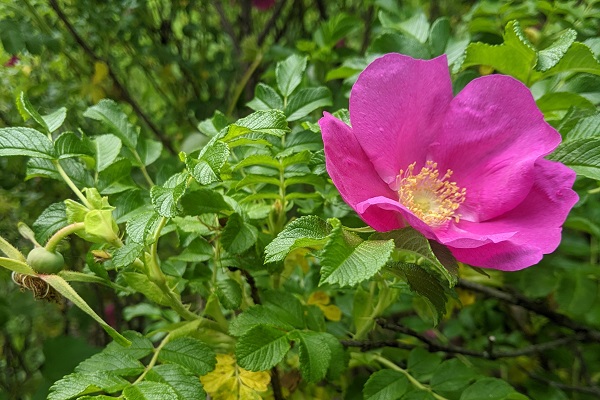
Shrubs
Here we separate out a group of plants by habit (woody, multi-stemmed plants) into their own section.
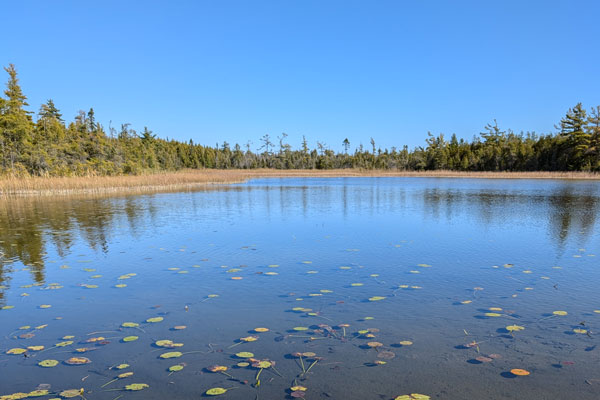
Wetland Plants
There are approximately 700 species of wetland plants in Wisconsin, and we currently have 200 species included in these species lists with photos.
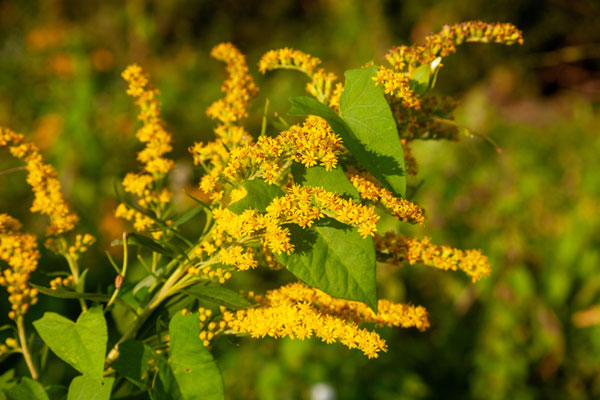
Goldenrods
Though goldenrods are known for their yellow flowers, there are two species of 24 in Wisconsin that have white flowers.
Invasive Species
If you find a population of invasive species in Wisconsin, make sure to report it; through your help, we can improve the environment for our native plants.

Digitization
Loading...
We're planting our data in an open-access portal.
Our digitization process is creating a garden of informational delights that anyone with a computer can access. We're barcoding and indexing all collections, taking high-resolution photos of each specimen, and transcribing label data (like taxonomic identification, collectors, collection dates, collection locality, co-occurring species, site descriptions and other notes). Our vascular plant collections are searchable through the Consortium of Midwest Herbaria; we don’t have any specimen photos uploaded yet, but stay tuned!
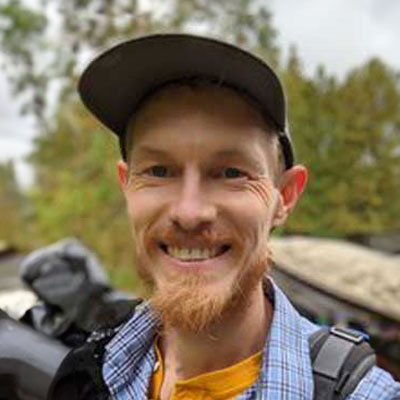
Ask an Expert
Herbarium curator Keir Wefferling is passionate about plant life in Wisconsin; even when he's not working, he's botanizing, playing outside, or reading about moss or Wisconsin's natural plant communities. If you have questions, he can help.